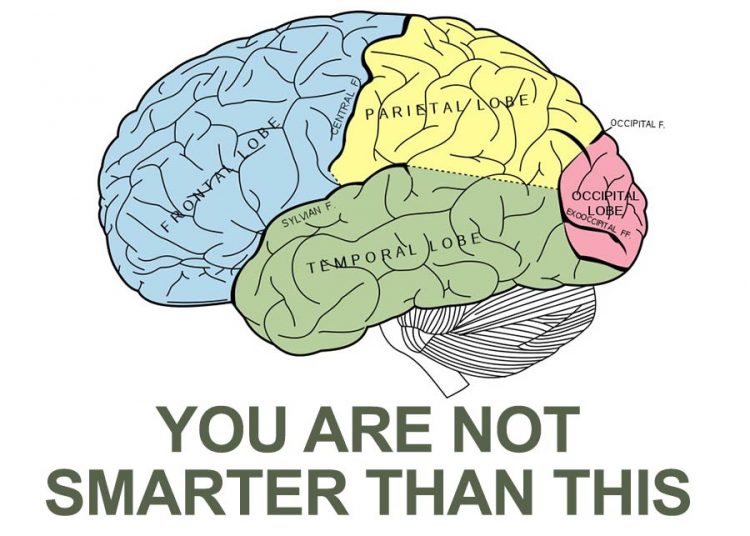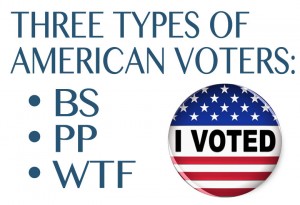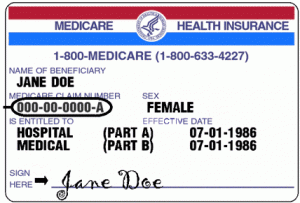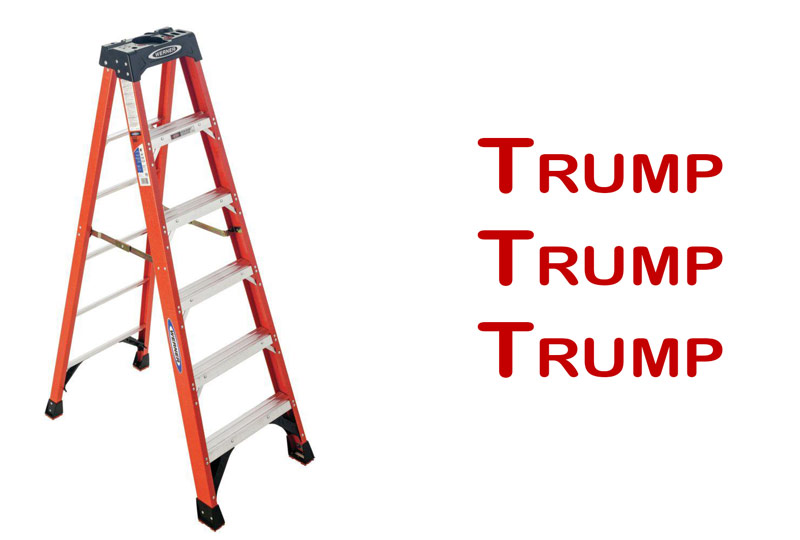Finding a Home Loan. The Illusive Loan to Be Enough For The House You Want to Buy.
Finding a home loan is getting more and more difficult. Mortgages aren’t robo-signed anymore, and I’ve been going through the process of buying a home as a first time home buyer (always lived in city apartments until now, but have been struck how most of those stock photos of new home owners all look about 10 years younger than me ;)). Basically, it can be frustrating at nearly every turn. A near perfect credit score coupled with 15-20% down payment and a steady income one would think would be enough to easily get approved for a home loan. It is, but for me at least, it tends to fall short of the total mortgage amount for the house, or kind of house I want to buy and where I want to buy it… sound familiar?
Yes, this is an extremely different kind of post for POLITUSIC that’s usually more focussed on culture-related topics, but maybe this one falls under a rant… owning a home is sort of American culture, as well, I suppose. Still worthwhile to share a few ideas for first time home buyers like me.
My credit score has made it a little easier (or so they say), but I am single, so having just one source of income has proven to be a negative on getting approved for the loan amount I want. Getting home loans that are about 15%-20% lower than desired, no problem, but then I’m left with either doubling the amount of the down payment (not possible without draining my IRA, which is at least an option without penalties to use some of your IRA for first time home purchase, but even then there’s a fairly small limit on how much you can take out without the penalty.) Nevertheless, using some of my IRA to augment the down payment on a house seems to be something that has to be done. If you can get a good deal on a house, one in a neighborhood that might gentrify and a house that might need a little work that you’re willing to put into it, then one can hope that the increase in value will eventually offset the loss of cash in an IRA account. Or so the theory goes. With the housing market as it is, it’s a bit nerve racking to count on owning a house as an appreciating asset, but compared to the stock market the last couple years… either method of investment is a gamble, but at least you can live in a house.
However, there’s also a couple I know, who currently own their own home, who have great credit, a fair amount of assets, and are looking to buy a small apartment complex (well less than 1M, so not taking a massive investment or loan here). Even they are having trouble getting approved for a loan, which mystifies me. Mortgage lending has become a quirky business, indeed. They have finally found success by means of going more local. The large home lenders like Chase, Wells Fargo, Bank of America, etc., while they are making massive profits, they’re still carrying a lot of risky mortgages so the approvals remain very strict, even for well-qualified people. By looking more towards their local credit union or smaller regional banks, they were able to be more than just some numbers to plug into equations that determine a getting approved or not.
Finding A Home Loan:
Before you even think about applying for a new mortgage, there are some things you have to do to prepare. Before you run a marathon, you have to train, same concept applies for making a mortgage approval as smooth as possible… so you cross the finish line rather than sprain a muscle and have to quit the race.
For first time buyers: plan ahead before ever actually applying for a home loan. It’s sadly true that the more you request a line of credit, the more that has a negative impact on your overall credit rating. As such, if you don’t take a few steps BEFORE applying for a mortgage, then you might get into the dreaded downward spiral of denials, which then lower your credit rating, which then makes the next application even more difficult for you.
First pay off your debt. No joke. It helps prove your ability to manage a large loan, as well as improves your personal balance sheet. I got rid of all credit card debt, payed off student loans, and my car all before applying for a mortgage. Having a good history of paying off the larger amount, and longer term car and student loans give you a good “voting record” so to speak to prove ability, intent, and reliability – decreases the gauged risk of a bank giving you a mortgage.
The sometimes depressing question: How big a home loan can you really afford? I know for me, the loan affordability calculators tend to depress me a little bit; I always think I can afford more, but often overlook things like closing costs (can be as high as 5%), insurance, and basically the mandatory cushion of cash you need for emergency repairs.
Another aspect that made me feel trapped in the home ownership race is that I’m self-employed and trying to buy a house. Being self-employed can be a killer in getting a mortgage. I even noticed it was more difficult to get a lease this way – regardless of how much money was in the bank. Stability of income, by an employer, with W2’s became practically a requirement after the housing bubble burst. If you’re self-employed there’s obviously not much you can do other than “working for the man” to fix that apparent blemish on your record for an underwriter. Unless you’re simply paying cash up front, the best you can do is really ensure that in other credit-related areas your record is flawless – like getting into Harvard kind of “credit transcript” flawless.
Collect and organize credit-related documentation. I read somewhere that there has never been a time when a mortgage lender had complained of being given too much documentation in support of a loan application. They’re right. Without documentation, your credit history and credit worthiness don’t exist in the eyes and calculator of a lender.
Documents require for mortgage applications include:
- Identification: Social Security Card, Driver’s license, etc.
- Employment: W2s (usually two or three are OK, but even an entire quarter won’t hurt), tax returns (2 years, but if you’re self-employed, the more you have the better so you can prove income stability, and also include your profit and loss statements for the same period as supporting documentation).
- Assets: Bank statements, brokerage and/or money market accounts, IRA and 401k information, etc. Even though you might not be dipping into your retirement accounts, they have some meaning insofar as proving your ability to save and “responsibility” of doing so.
- Credit information: They’re run credit checks, but give documentation of all credit accounts current and in your past. That I paid all mine off and consequently shredded all the statements was a problem for me, so hopefully you’ve saved some statements on closed accounts like car or student loans that prove you had them, as well as detail the total loan amounts and monthly payments you made.
Bottom line: pay off and prepare.






















